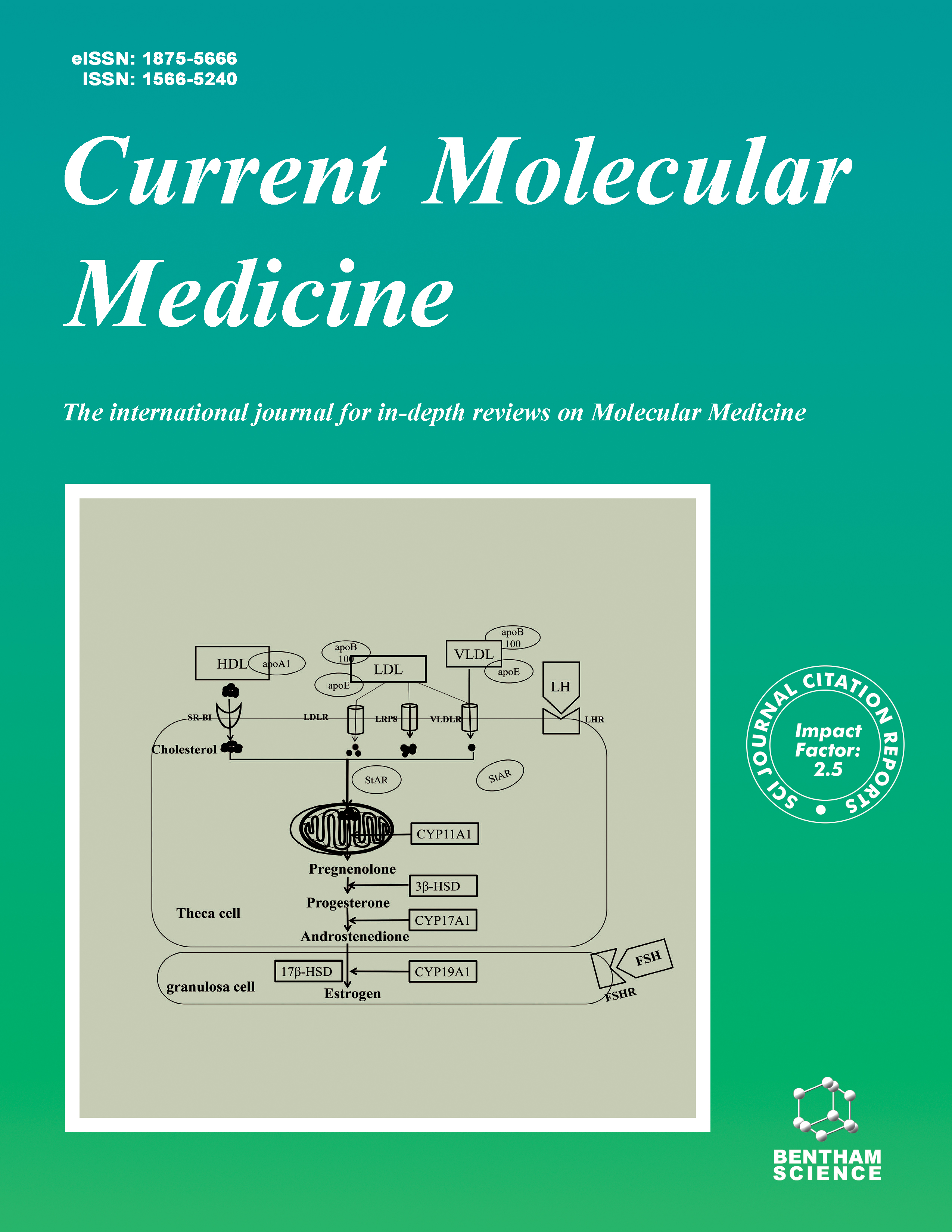
Full text loading...

Tissue metabolomics is a promising technology for evaluating in situ changes in disease pathogenesis. It addresses a significant knowledge gap in the study of both degenerated and non-degenerated supraspinatus (SSp) tendons. This study analyzed the metabolomic profiles associated with rotator cuff tears (RCTs).
RCTs cause loss of function and shoulder pain, with the SSp muscle being the most frequently affected. Inflammation and complex metabolic changes may play roles in its etiology. Evaluation of the metabolomic differences between the degenerated and non-degenerated SSp tissues of RCT patients was aimed.
A cross-sectional study of 14 patients with RCTs, diagnosed through physical examination and magnetic resonance imaging, was conducted. Degenerate and non-degenerate SSp tissue debris were collected during arthroscopy. Untargeted metabolomic analysis of these samples was performed using liquid chromatography quadrupole time-of-flight mass spectrometry (LC-Q-ToF-MS). Metabolic peaks were identified, matched, and normalized before further analysis. Partial least squares-discriminant analysis (PLS-DA), heatmap generation, unsupervised volcano plots, and fold-change analyses were conducted. A putative metabolite list was subsequently compiled to elucidate pathways of degeneration. These metabolites were matched with metabolic pathways using the RaMP-DB metabolite set library.
The tyrosine metabolism (p=4.93 x10-4), ferroptosis (p=1.25 x10-3), steroidogenesis (p=9.89 x10-4), and cholesterol biosynthesis (p=3.05 x10-3) were altered in the degenerated RCTs.
These findings suggest that metabolomic alterations may be associated with the development of RCTs, with changes in tyrosine metabolism, ferroptosis, and lipid metabolism potentially contributing to muscle degeneration and inflammation. Identified disruptions in steroidogenesis provide new insights into the role of hormonal factors in RCT development. Understanding these metabolic pathways is clinically relevant in sports medicine, as it enables targeted therapies and personalized treatment strategies, ultimately enhancing recovery and improving outcomes for athletes.